Four academic masters give lectures to celebrate NSYSU’s 40th anniversary
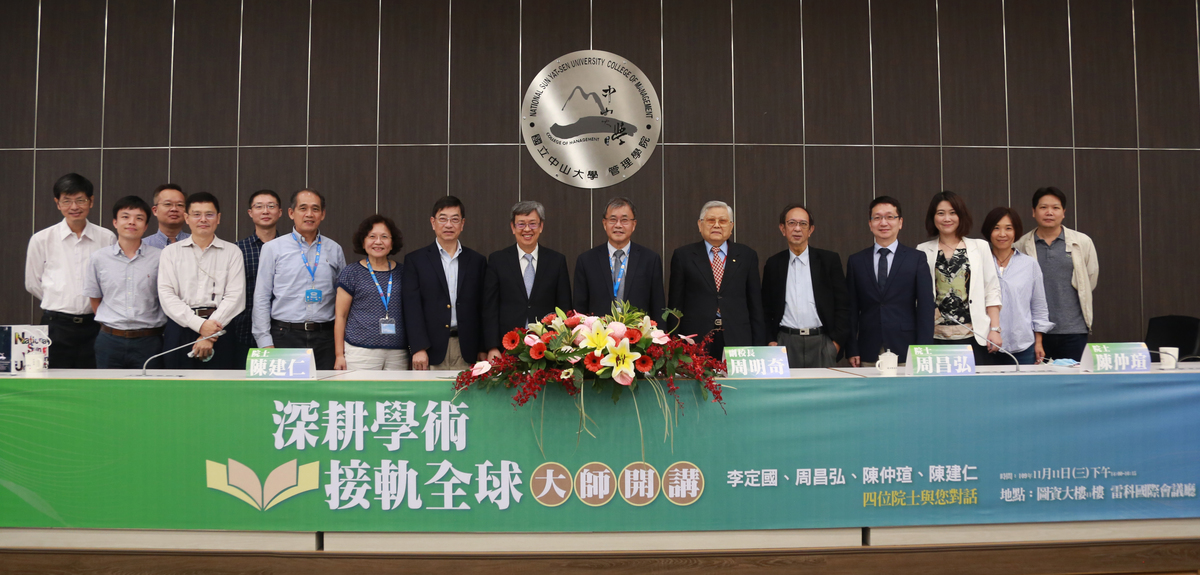
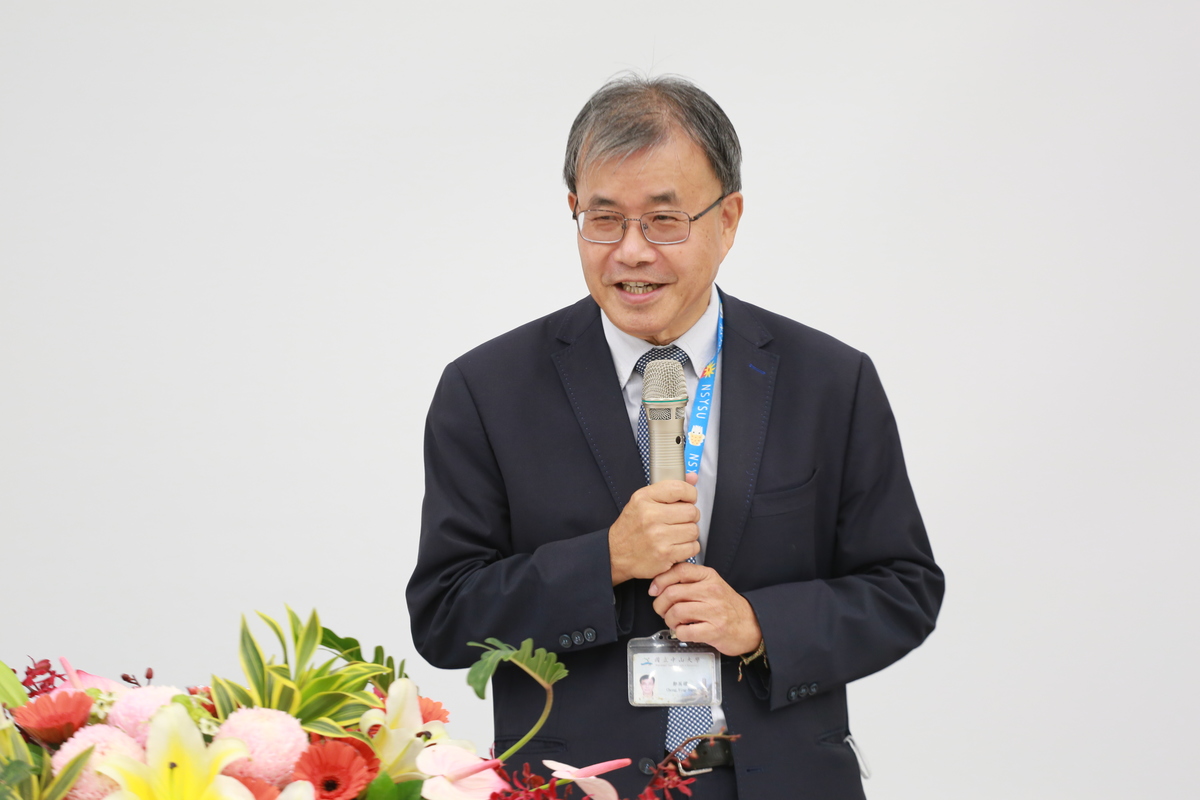
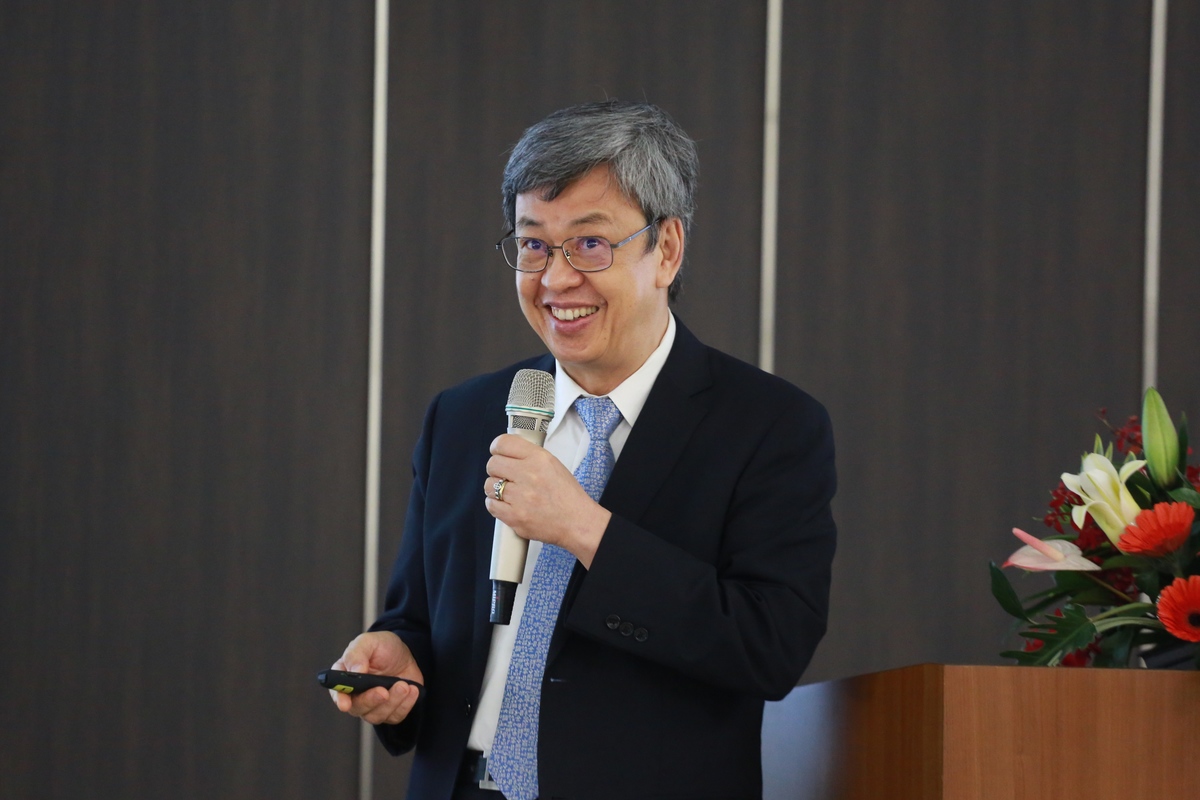
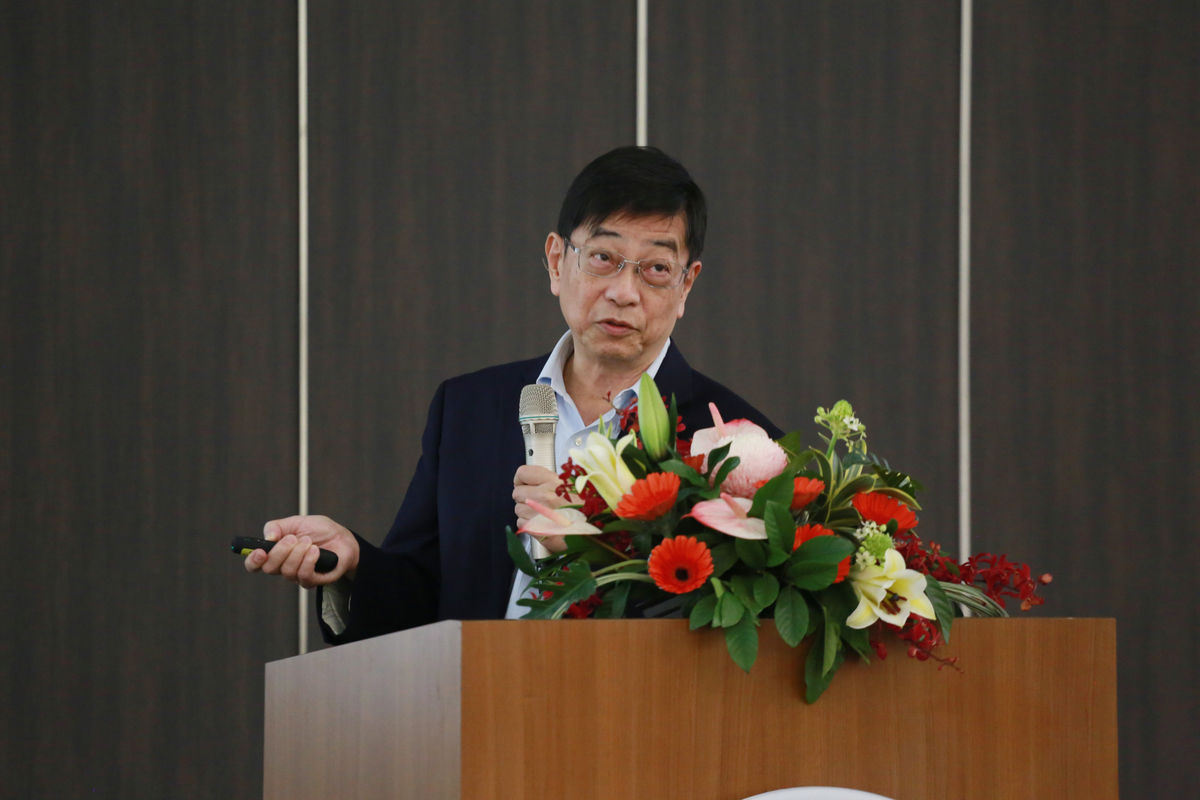
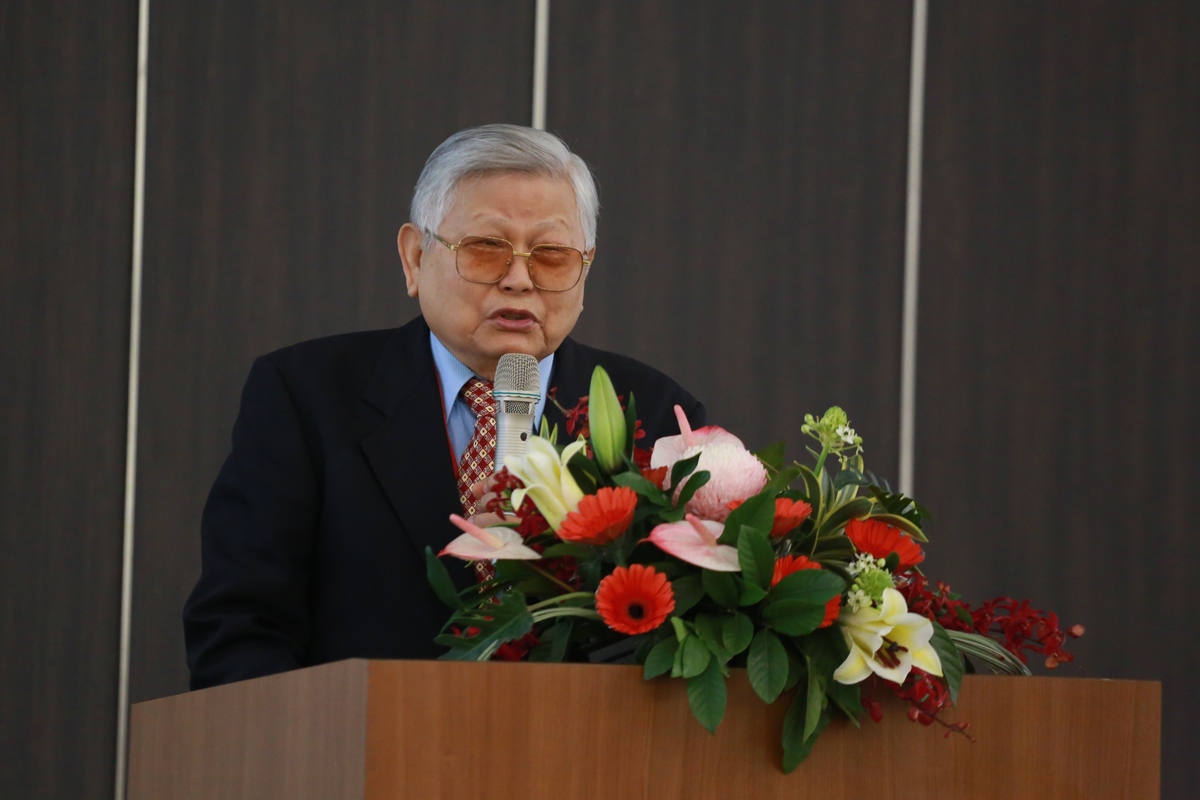
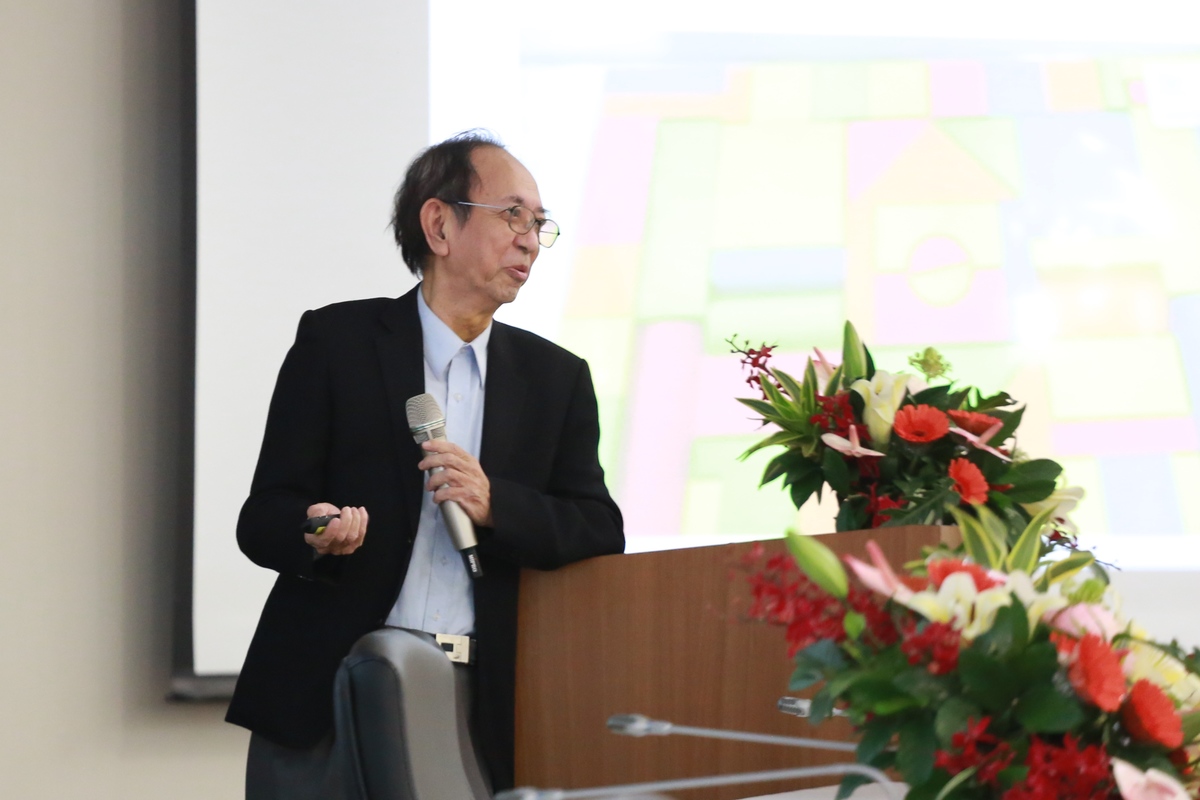
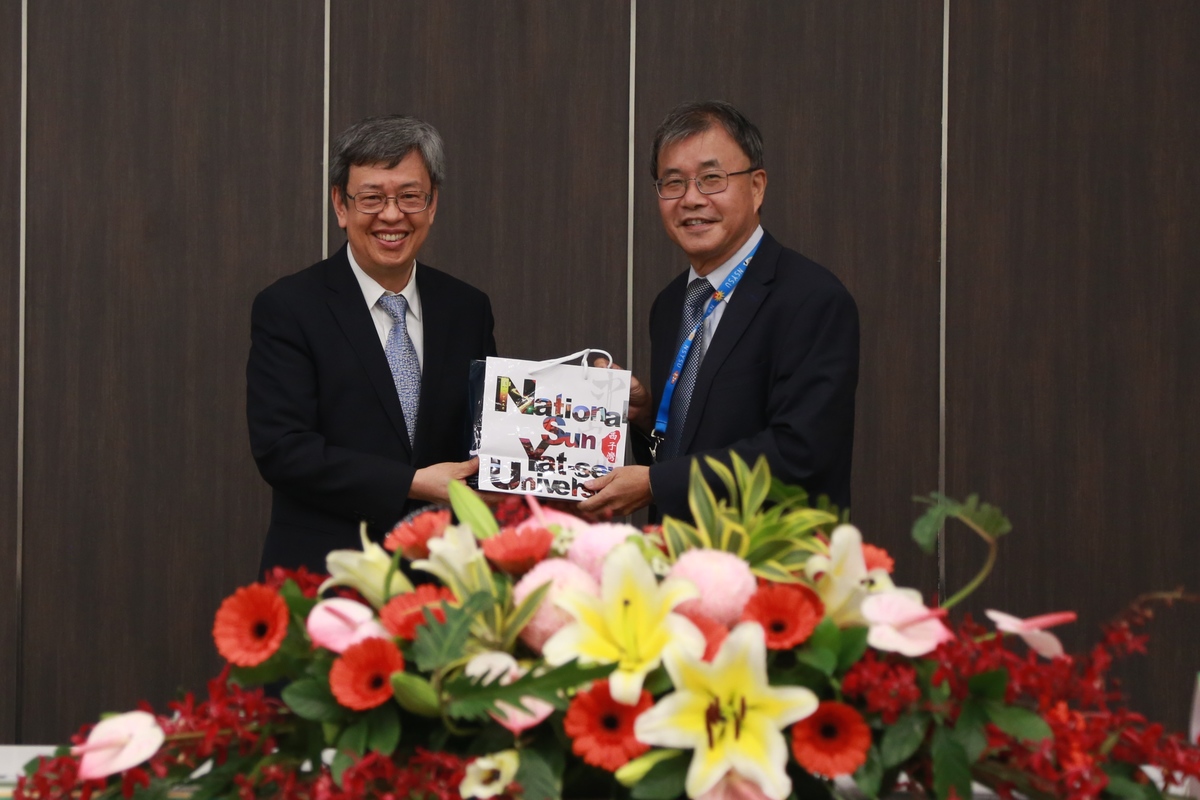
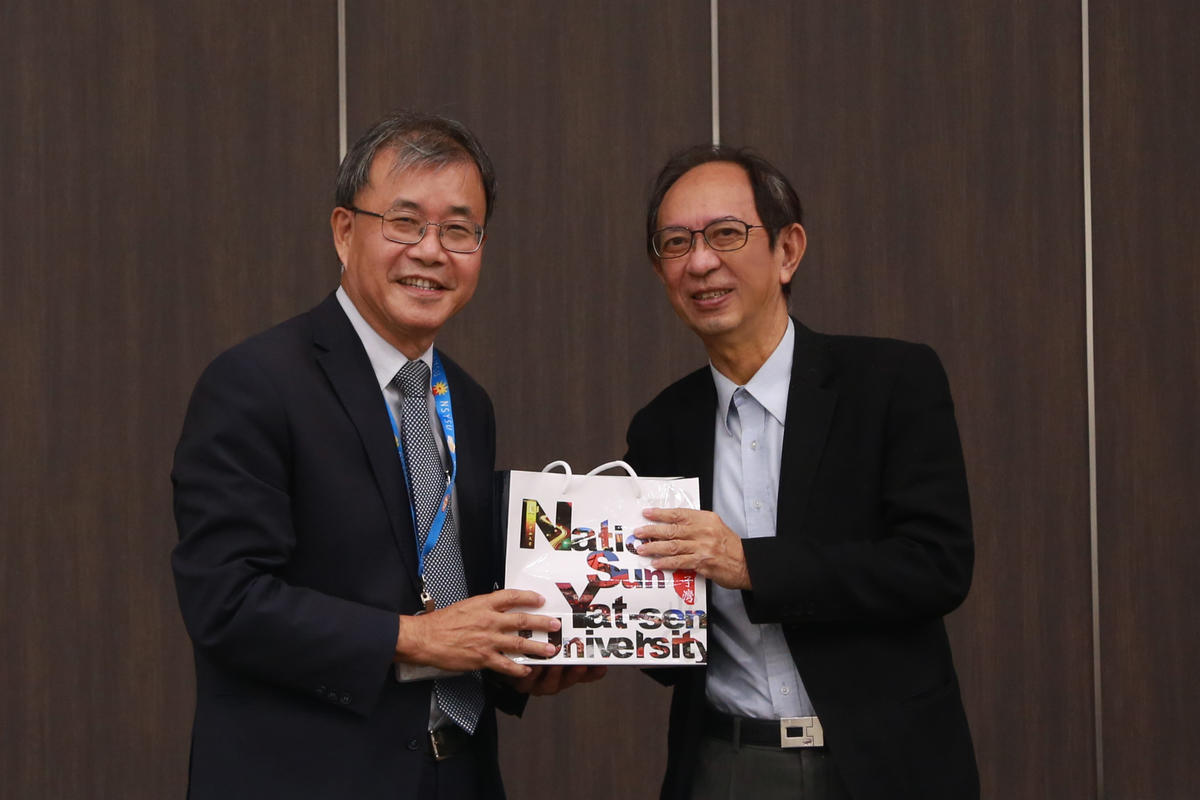
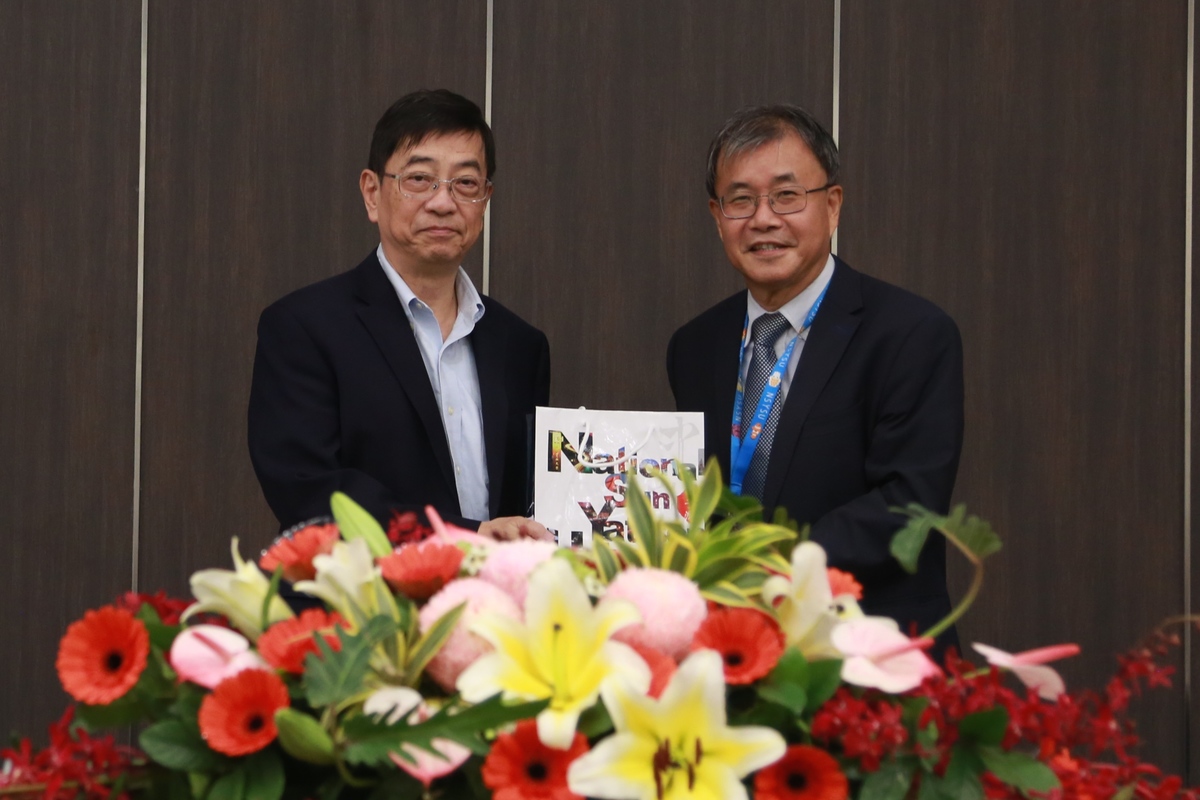
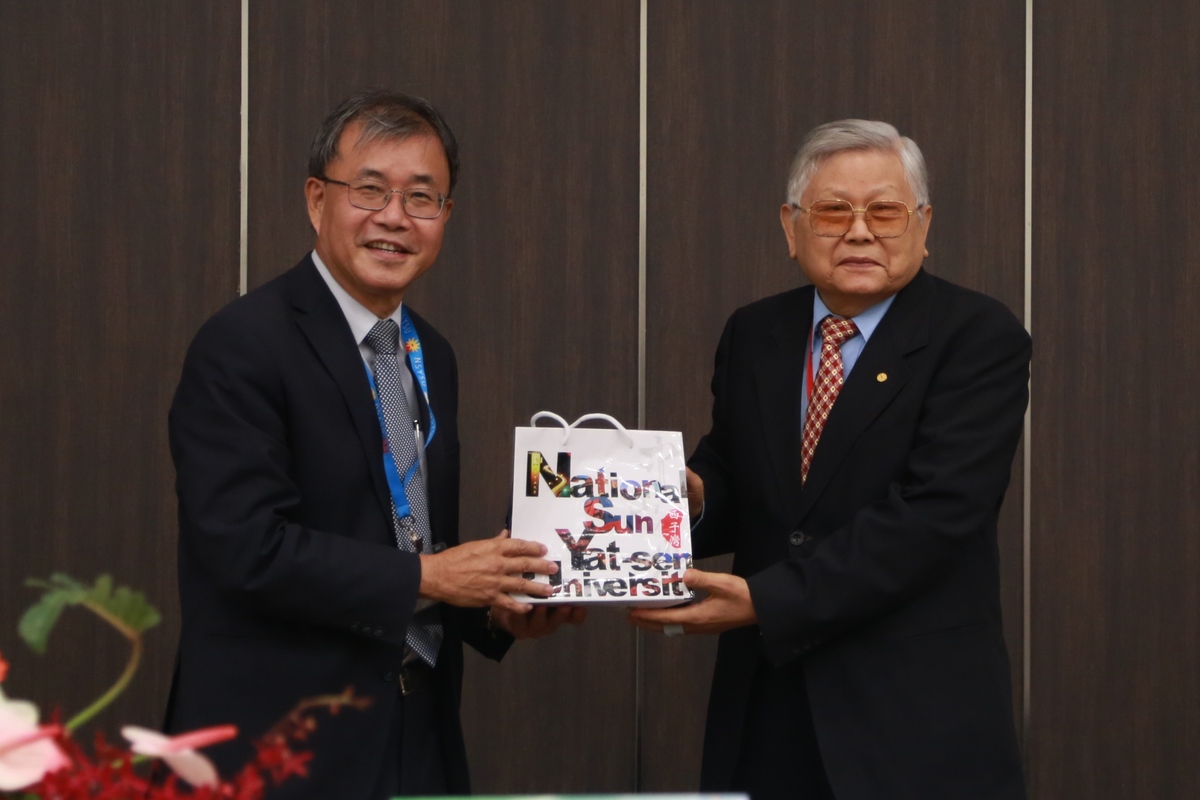
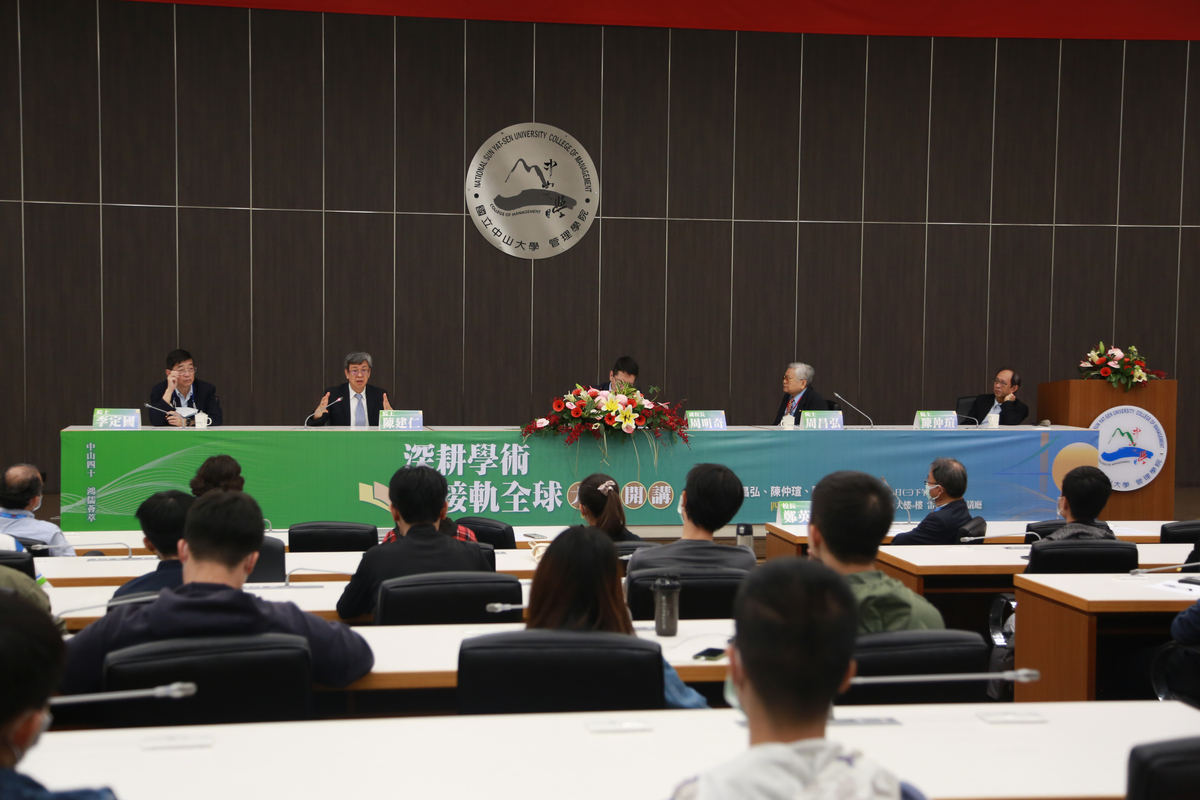
To celebrate the 40th anniversary of the establishment of NSYSU, the University organized a masters’ lecture, inviting 4 top Fellows of Academia Sinica: former Vice President of the Republic of China Chen Chien-Jen, Professor Ting-Kuo Lee, Professor Chang-Hung Chou, and Professor Chung-Hsuan Chen to share the essence of their academic research using the language of popular science to spur students’ interest in science and increase the future scientific research capacity of NSYSU.
In his welcome remark, NSYSU President Ying-Yao Cheng mentioned that NSYSU cultivates professionals and recruits top scholars in Taiwan to teach, instruct, and do research on campus. Among them were Professor Ting-Kuo Lee, appointed as the Director of the Department of Physics, and Professor Chung-Hsuan Chen, the Honorary Chair Professor of the Department of Chemistry; these outstanding professors led NSYSU to achieve excellent research results in domestic and international rankings. The University now is in the process of establishing the College of Medicine; President Cheng hopes it will bring NSYSU to the top level of academic research.
The lecture was opened with a remark by Senior Vice President of the University, Chair Professor Mitch Chou. Dr. Chen Chien-Jen, Fellow of Academia Sinica and Former Vice President gave a speech on the research in molecular epidemiology of hepatitis and hepatic carcinoma. He said that Taiwan is a country with a high prevalence of hepatitis C and B. For a long time, he was leading a research group to develop risk calculation methods in rural areas. He took playing the piano as an example to explain how to do a good research. Playing with an orchestra is better than being a soloist, advised Chen. Conducting epidemiological studies, he collaborated with epidemiologists, biochemists, and physicians. “A splendid symphony can only be played by an ensemble!”, he said.
Professor Chung-Hsuan Chen shared his reflections on the ideation process in the development of innovative technologies, searching for ideas for in-depth academic research, and the experience teaching at universities, and gave substantial advice to the students. He mentioned the example of the coffee cup sleeve to talk about innovation – it is nothing more than a solution to problems encountered by many people and does not necessarily require advanced professional knowledge. Chen encouraged NSYSU students to cross disciplines in their education path: he advised students of science, engineering, and medicine to engage in humanities, follow interests in arts, and explore social relations, and advised students of literature and arts to gain basic knowledge in science and technology.
Professor Ting-Kuo Lee gave a speech on new physical phenomena reflected in collective behaviors. Flocks of birds soaring in the sky and banks of fish swimming are common examples of collective behaviors in nature that also have a reflection in the human society. Former Vice President Chen Chien-Jen responded by saying that now, during the COVID-19 pandemic, the Central Epidemic Command Center is holding a press conference every day to inform about the present epidemic situation – this encouraged people to adhere to the mask-wearing requirement – an example of collective behavior that supports the epidemic prevention efforts in Taiwan.
Professor Chang-Hung Chou gave a speech on the ecological and biomedical role of allelochemicals in biota. The land around some kinds of trees, like acacia and white leadtree, is deprived of weeds not because of insufficient sunlight, but because of plant allelochemicals. Using the language of popular science, he led the students to discover the wonders of the natural world that involve knowledge in chemistry.
After the keynote speeches, the participants engaged in informal discussion with the masters and the audience both on and off the stage. Huang, a graduate student of the Department of Physics, said that he was deeply touched by the lectures of the four outstanding masters, even though each of them shared their 50-years long academic research in just 20 minutes. He said he felt very lucky to have the opportunity to listen to the masters’ speeches during the course of his studies.
In his welcome remark, NSYSU President Ying-Yao Cheng mentioned that NSYSU cultivates professionals and recruits top scholars in Taiwan to teach, instruct, and do research on campus. Among them were Professor Ting-Kuo Lee, appointed as the Director of the Department of Physics, and Professor Chung-Hsuan Chen, the Honorary Chair Professor of the Department of Chemistry; these outstanding professors led NSYSU to achieve excellent research results in domestic and international rankings. The University now is in the process of establishing the College of Medicine; President Cheng hopes it will bring NSYSU to the top level of academic research.
The lecture was opened with a remark by Senior Vice President of the University, Chair Professor Mitch Chou. Dr. Chen Chien-Jen, Fellow of Academia Sinica and Former Vice President gave a speech on the research in molecular epidemiology of hepatitis and hepatic carcinoma. He said that Taiwan is a country with a high prevalence of hepatitis C and B. For a long time, he was leading a research group to develop risk calculation methods in rural areas. He took playing the piano as an example to explain how to do a good research. Playing with an orchestra is better than being a soloist, advised Chen. Conducting epidemiological studies, he collaborated with epidemiologists, biochemists, and physicians. “A splendid symphony can only be played by an ensemble!”, he said.
Professor Chung-Hsuan Chen shared his reflections on the ideation process in the development of innovative technologies, searching for ideas for in-depth academic research, and the experience teaching at universities, and gave substantial advice to the students. He mentioned the example of the coffee cup sleeve to talk about innovation – it is nothing more than a solution to problems encountered by many people and does not necessarily require advanced professional knowledge. Chen encouraged NSYSU students to cross disciplines in their education path: he advised students of science, engineering, and medicine to engage in humanities, follow interests in arts, and explore social relations, and advised students of literature and arts to gain basic knowledge in science and technology.
Professor Ting-Kuo Lee gave a speech on new physical phenomena reflected in collective behaviors. Flocks of birds soaring in the sky and banks of fish swimming are common examples of collective behaviors in nature that also have a reflection in the human society. Former Vice President Chen Chien-Jen responded by saying that now, during the COVID-19 pandemic, the Central Epidemic Command Center is holding a press conference every day to inform about the present epidemic situation – this encouraged people to adhere to the mask-wearing requirement – an example of collective behavior that supports the epidemic prevention efforts in Taiwan.
Professor Chang-Hung Chou gave a speech on the ecological and biomedical role of allelochemicals in biota. The land around some kinds of trees, like acacia and white leadtree, is deprived of weeds not because of insufficient sunlight, but because of plant allelochemicals. Using the language of popular science, he led the students to discover the wonders of the natural world that involve knowledge in chemistry.
After the keynote speeches, the participants engaged in informal discussion with the masters and the audience both on and off the stage. Huang, a graduate student of the Department of Physics, said that he was deeply touched by the lectures of the four outstanding masters, even though each of them shared their 50-years long academic research in just 20 minutes. He said he felt very lucky to have the opportunity to listen to the masters’ speeches during the course of his studies.
Click Num:
Share
